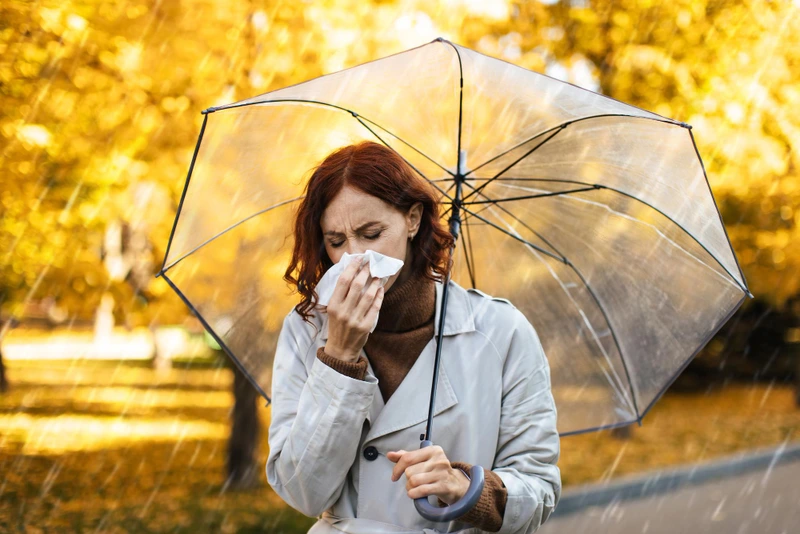- Published on: Aug 07, 2021
- 1 minute read
- By: Endocrinologist
Can Type 2 Diabetes Be Prevented?
Type 2 Diabetes, known as Diabetes Mellitus, is often a chronic but manageable disability and can be prevented. Symptoms of type 1 and type 2 diabetes are the same since both cause hyperglycemia (high blood sugar).
Generally, when people are diagnosed with Type 2 diabetes it's because they have elevated blood sugar levels that belong in the non-insulin-dependent range (such as "pre-" or just before being officially diabetic). In this case, if you change your habits including diet and exercise you may be able to prevent progression to fully developing T2D where insulin is required.
Type 2 diabetes can be prevented if lifestyle changes are made, so I recommend visiting a doctor to find out what steps you should take.
For more information, please read "Second Medic Medical's Second Opinion" to learn about the best approaches for preventing type 2 diabetes and controlling the blood sugar levels of people with prediabetes. It's also important to note that an increasing number of studies have found that people who already have type 1 or type 2 diabetes can slow or even reverse some aspects of the diseases by following particular eating plans and exercise programs (e.g., the Diabetes Prevention Program studies). Keep in mind that these are just individual case reports- we're still waiting for good clinical trials before they will be accepted as evidence.
While the disease cannot be cured, it can be managed through diet and watching for any symptoms that signal a change in need of insulin prescriptions. Second Medic Medical Second Opinion is an online doctor service providing consultations with board-certified physicians on medical conditions and injuries for patients seeking second opinions or just someone to talk to about all of their health concerns.
Although there is no cure, providing treatment to people who are at risk of getting diabetes can help alleviate and delay the onset.
Our Services
Request A Callback
Recent Posts
Does Excessive Coffee Increase Anxiety?
Aug 22,2025
How Overthinking Affects Your Immune System
Aug 21,2025
How Much Water to Drink Before Blood Test
Aug 20,2025
Why Always Tired Even After Proper Sleep
Aug 19,2025
Difference between migraine and normal headache
Aug 18,2025









